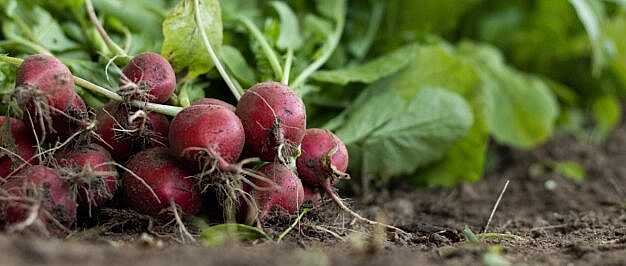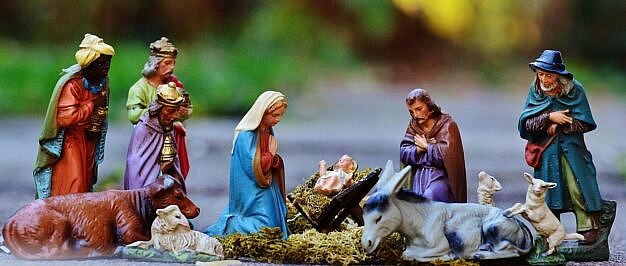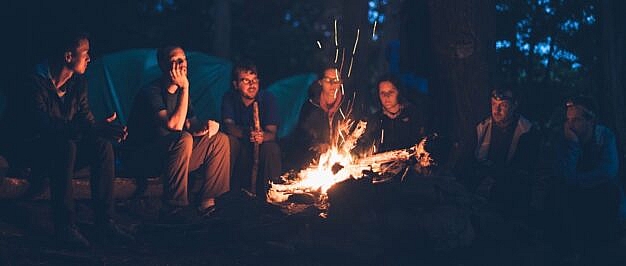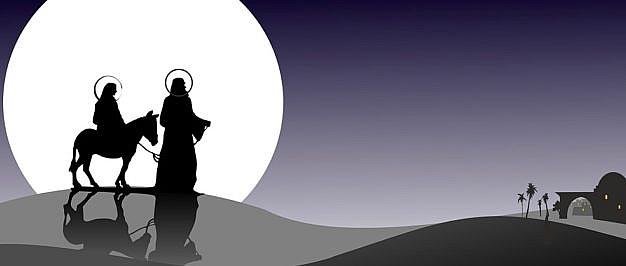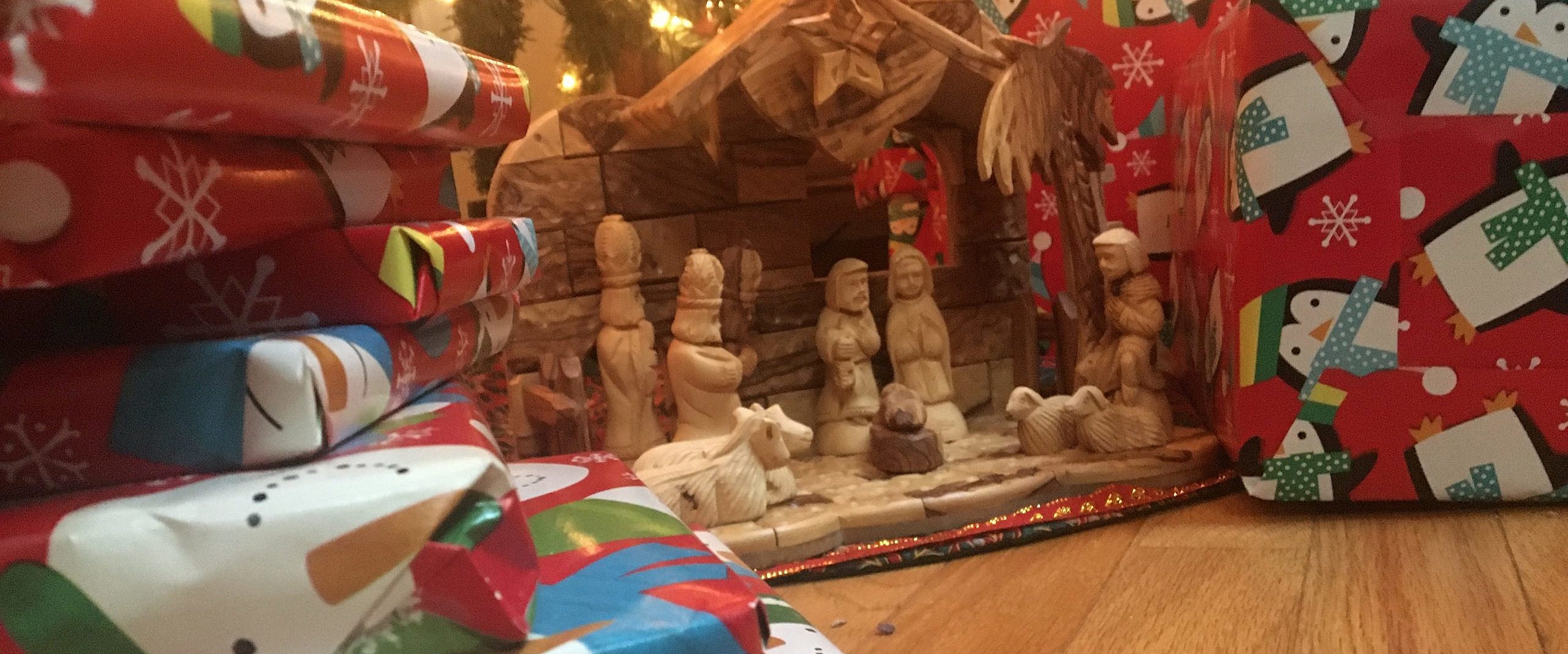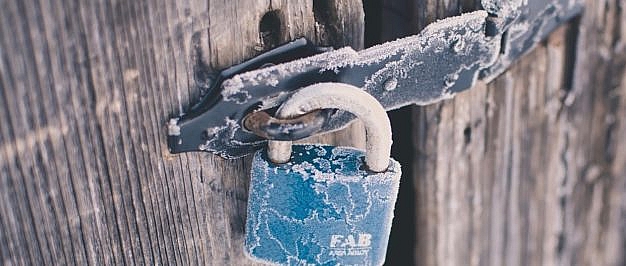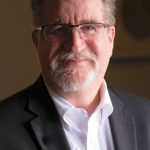“But some seed fell on rich soil, and produced fruit, a hundred or sixty or thirtyfold. Whoever has ears ought to hear.” (Matthew 13:9) My father’s garden wasn’t much by the standards of many gardens. It was situated on a small plot of land in the backyard of my North St. Louis home in the 1960s and early ‘70s, planted with love, passion and knowledge gleaned from the pages of Organic Gardening magazine. It sat at the back of the …
Category: Christmas
Christmas Eve has always been my favorite day of the year. As a child, although Christmas morning brought presents around the tree, it was Christmas Eve that brought the emotion. Christmas Eve is about expectation, hope and promise. Christmas Eve was the one night of the year that my sister, brother and I all slept in the same bed on the second story of our home in North St. Louis so (when we were very young) Santa could come and …
A Christmas Message and Video For two thousand years, Christians have gathered around fires, in churches and in their homes to retell the story of the Incarnation and birth of Jesus Christ. They have passed on the good news to each other — and especially to their children — that God decided He needed to be with us, needed to become one of us. We believe the story of the birth of Jesus in Bethlehem to be true history. But …
Just a short note today to say Merry Christmas and thank you for reading and commenting throughout the year. Enjoy this holy day, and remember it’s just the beginning… …
All in all, Joseph gets pretty short shrift in the Gospel Christmas narratives, and very little is said about him after that. He’s the quiet guy standing in the back by the shepherds and the sheep. We don’t know how long he lived but it seems clear that he did not live to see Jesus begin his ministry. He’s not mentioned after Jesus’ “missing years,” even when Mary is. But I like to imagine the role he played in raising …
A (very) short story and a new song to guide you into a few moments of quiet contemplation in these days leading up to Christmas. …
If during Advent we welcome Jesus and turn away the stranger at the door, we fail to live up to the promise of hope that we say stirs in us at Christmas. If we want to show the world the “true meaning of Christmas,” if we want to really “keep Christ in Christmas,” then we must let it find us loving and caring for each other. …
Our children will only learn to yearn for the true meaning of Christmas and be people of faith when they see us living our Christianity in ways that reflect what Jesus taught his disciples. He taught not division and fear between strangers and enemies but embrace and forgiveness. He taught acceptance and care of “the other,” not judgement or disregard. He taught an authentic way to love and live that is an answer to this timeless question: Do we love …
This time of year, we gather in the holy light of one another. We light our candles and listen to the words and music. We look at each other and we look out on the world beyond us, and we wonder what it all means. Christmas is, perhaps above all else, about light. …
Here we are once again on the first Sunday of Advent, once again just weeks away from the celebration of the great solemnity of Christmas. Here we are once again entering into a period of preparation for the graces to be received as we contemplate what it means to have a God who is willing to come be on our level, to be Emmanuel and be with us. We are no longer in ordinary time, and it’s clear in today’s …
